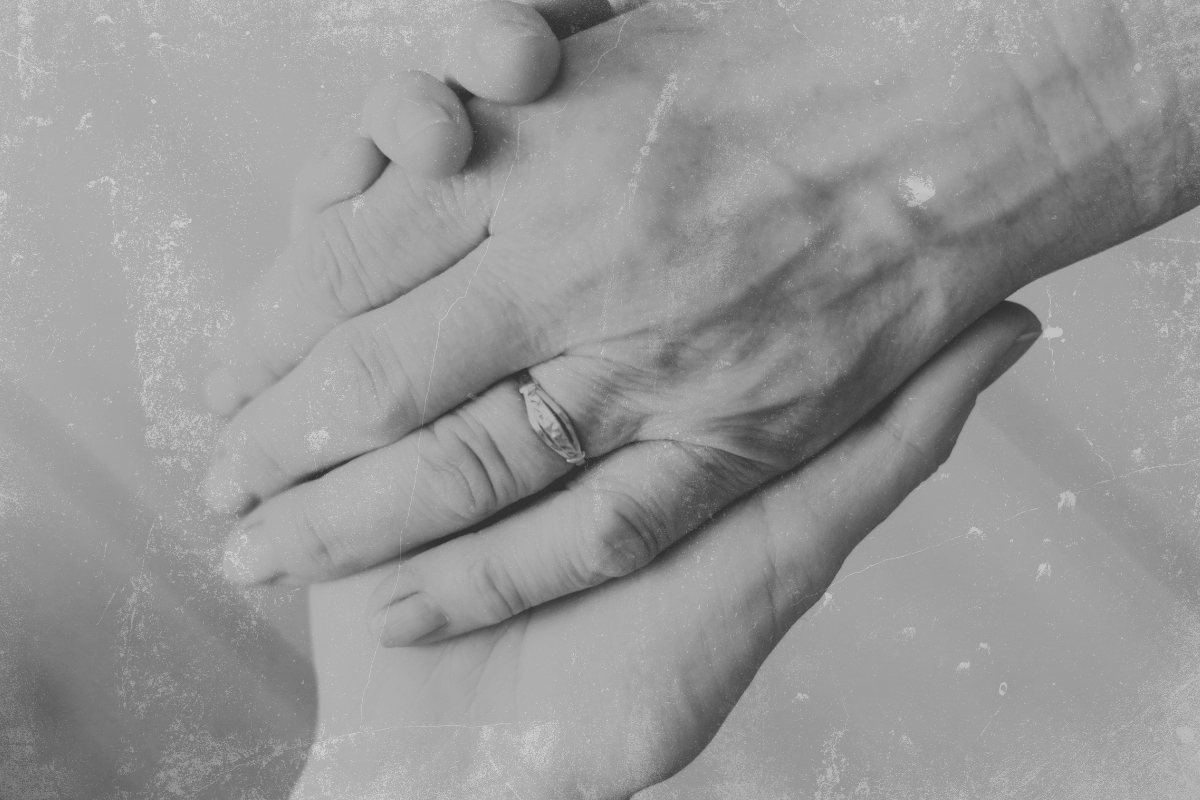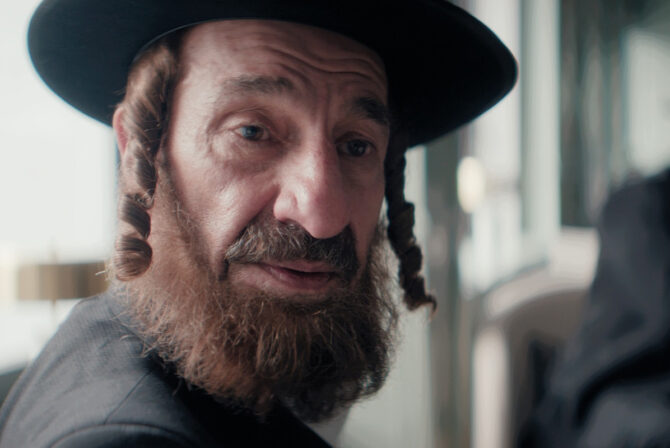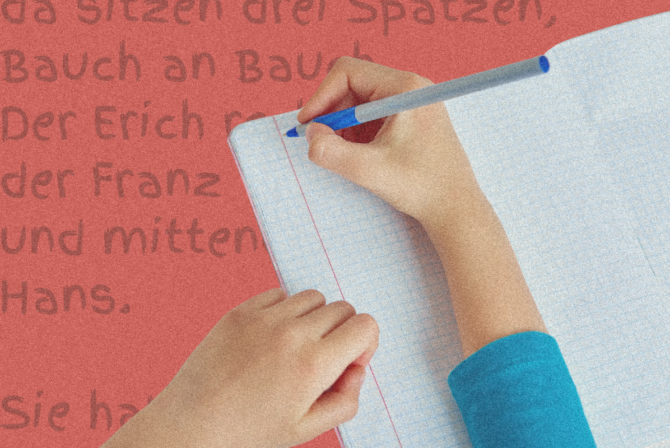It is June 1, and with my two sisters, I am in Minneapolis visiting my mother to celebrate her 90th birthday. June 1 is also the date of my husband’s and my wedding anniversary. He has not flown with me from Los Angeles, though, because he remains at home in a declining state of Alzheimer’s disease, while our son Matt is caring for him throughout the weekend.
My husband, Irv, truly the love of my life, had practiced medicine as an internist and cardiologist, and now doesn’t know where I am. Matt reports that his dad is aware that someone important and close to him seems to be missing. Quietly and with a puzzled brow, he scouts the house, room after room, pats an empty bedside and pillow, opens and closes the refrigerator door, as if asking the whereabout of his meals and who is preparing them. Where is his favorite dessert, tapioca pudding? Matt has been ordering in pizza.
As much as I would like to prevent my aged mother from knowing the deep pain our two sons and I suffer, the tragic illness is a protracted situation, and I cannot keep it from her. I cannot protect her from this. But I do keep another secret from her: Seven weeks ago I had undergone a mastectomy.
My sisters and I had grown up with a mound of secrets kept from us. Some were outright lies, particularly when we were very young and particularly those involving death. Years later our parents would explain they believed that children didn’t understand such matters. I learned of a favorite cousin’s calamitous drowning in Lake Calhoun only years later when I was 11 or 12, accidentally having come upon a newspaper clipping crumpled in the back of a desk drawer. I’d been told, not long after Freddy’s disappearance, that he couldn’t come to play because he was living far away in a military school. I didn’t even get a definition of a military school.
At the root of all this secret-keeping was Yiddish. Although not actually fluent in the Ashkenazi language, my mother and father had learned enough from their Eastern European immigrant parents to speak and understand everyday kinds of phrases. Unfortunately, instead of passing down this knowledge to my sisters and I, they used Yiddish to keep our little ears from hearing what they didn’t want us to know.
Shah, what does Nancy need to hear about mortgage payments? Shah shah, be quiet… the kinder are in the next room.
God forbid we should know about Aunt Gert’s cancer (that word was not even spoken in English; in those years “cancer” was referred to as ‘the big C,” and was only whispered).
I recall hearing our parents’ harried phone calls back and forth with relatives late one night. Other than the name Sheldon, not one English word was uttered to give a clue. The situation was impossible to keep secret for long, though. From older cousins, my sisters and I learned that Uncle Sheldon had walked out on Aunt Essie, leaving her with two little children.
In time I came to realize how rich and unique Yiddish is, much more than its opportunities for secret keeping, and I regretted not knowing more of the language of my ancestors (beyond gey shlafn when we didn’t go to sleep or shpil a bisl, urging me to practice a piano lesson).
One evening at a campus Hillel house I attended a lecture and readings in Yiddish and English by the extraordinary storyteller, Isaac Bashevis Singer. I was enthralled being in his presence, but also starkly aware of the missed opportunity in my childhood home.
As adults, my sisters and I vowed to be truthful to each other and our children no matter the situation, and we have kept that promise.
And so there we were, with our mother, all cheerful and festive, celebrating her as a queen. (She is shocked at reaching the age of 90.) We eat at her favorite brunch spot, Perkins Pancake House, and then enjoy paintings and ceramic works in the Minneapolis Institute of Art and rest outdoors on a bench in the museum’s Chinese garden. Soon we have a fancy dinner and sing “Happy Birthday” as a specially ordered chocolate layered cake is delivered to the table. We gift Mother a colorful flowery Vera Bradley purse and a soft pink silk neck scarf to match.
And there I am, wearing a temporary breast prosthesis and a long-sleeved top over a compression sleeve. Throughout the weekend I am sneaking in post-op arm exercises to regain muscle strength, stretching my fingers up and down a wall. It’s daunting to keep all this hidden, but I deem it necessary.
I know that tragedy and illness are always disheartening, especially when one feels helpless. My mother, a widow in assisted living, is already distraught about my husband’s decline and my struggle to manage. Certainly I need to spare her further distress about me.
Back home, my husband is happy to see me and visibly takes comfort in my warm arms. Within seconds, he doesn’t realize that I’d been gone. My mother would live nearly four years longer, sadly following updates of the progression of my deteriorating husband, her son-in-law, but never learning of my breast cancer and the careful steps I took to spare further heartbreak and fear.
In a reverse parent/child situation, I needed to keep the secret from my mother. I needed to protect her.








